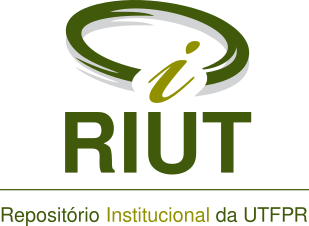Technical feasibility analysis of the use of solar chimneys in Brazil
Resumo
Solar chimneys are power generation plants, which use solar radiation to promote a flow of heated air, whose kinetic energy is extracted by turbines located at the base of the chimney. The literature regarding this technology is extensive and many studies have been conducted to verify numerical and mathematical models, as well as analyzes of technical and economic viability. However, none of those studies has considered the potential of the application of this technology in Brazil, and this analysis is a decisive factor for the implementation of this kind of energy model as a successful enterprise. Considering that, this work aims to map the energy potential for the use of solar chimneys in Brazil, using a mathematical and numerical model of extreme precision. The results indicate a great potential for the use of this technology in the country, especially in the Northeast, Midwest, and in a state of the Southern region. Considering the annual average solar radiation levels, the city of Cuiabá-MT is the one which has the highest power generation potential, with a daily average of 50 MWh and a peak generation of 5.10 MW, followed by the city of Propriá-CE, generating 49.53 MWh and a peak generation of 5.01 MW. The results were promising and, although the overall efficiency of this technology is not very high, around 1.3%, these plants present low operating costs, long service life, and use materials with low emissions rates of CO2 in their manufacturing process.
Palavras-chave
Solar chimney; Solar Energy; Renewable Energy; Business Technical feasibility.
Texto completo:
PDF (English)DOI: 10.3895/rbpd.v9n3.12636
Apontamentos
- Não há apontamentos.

Esta obra está licenciada sob uma licença Creative Commons Atribuição 4.0 Internacional.





